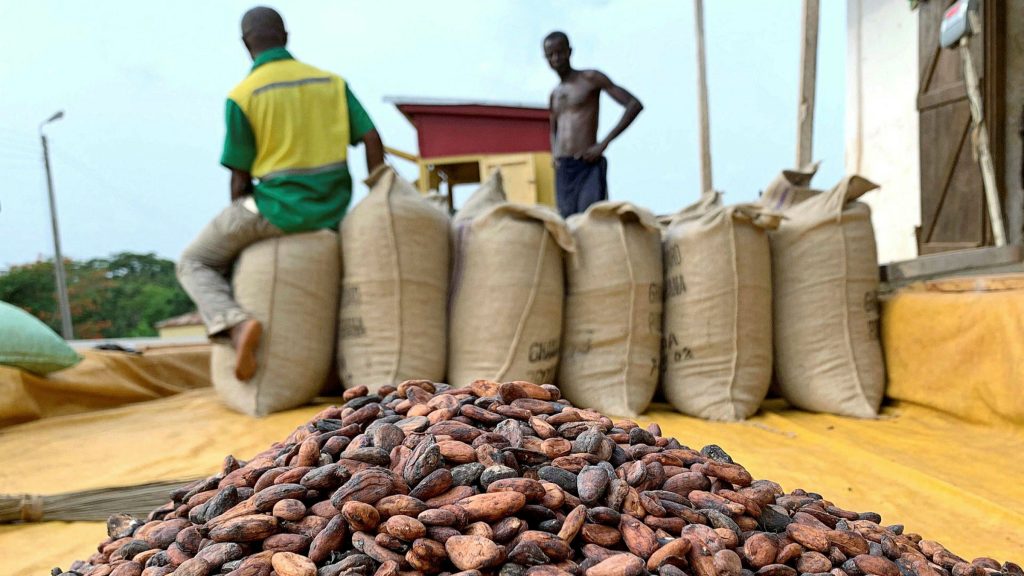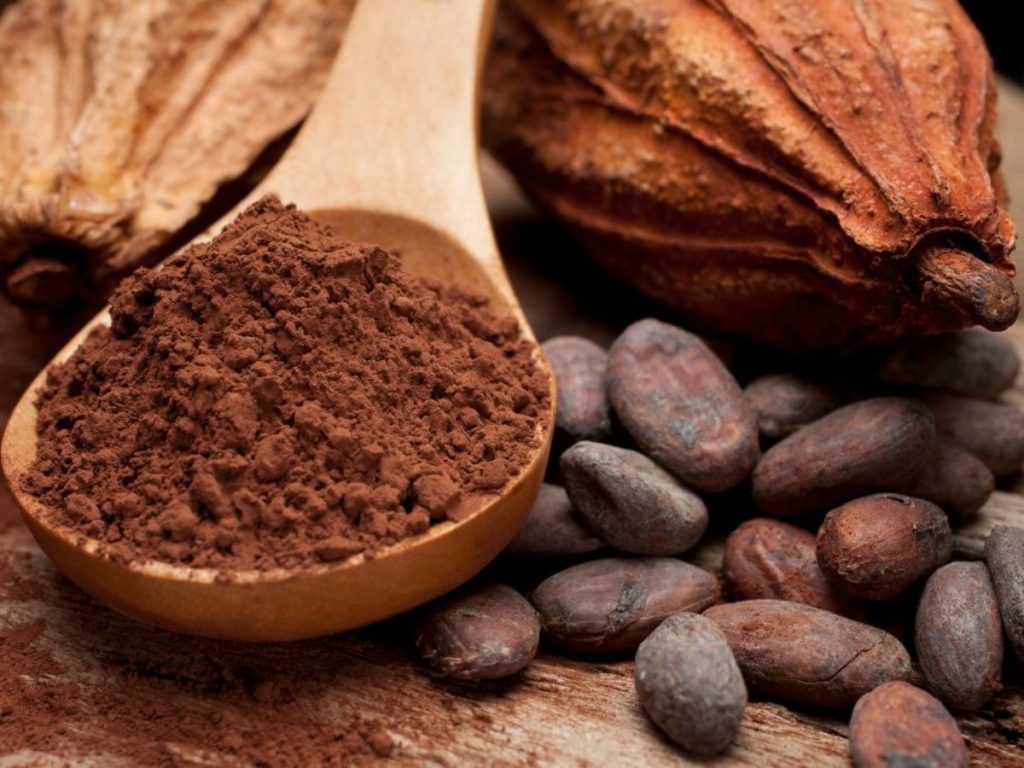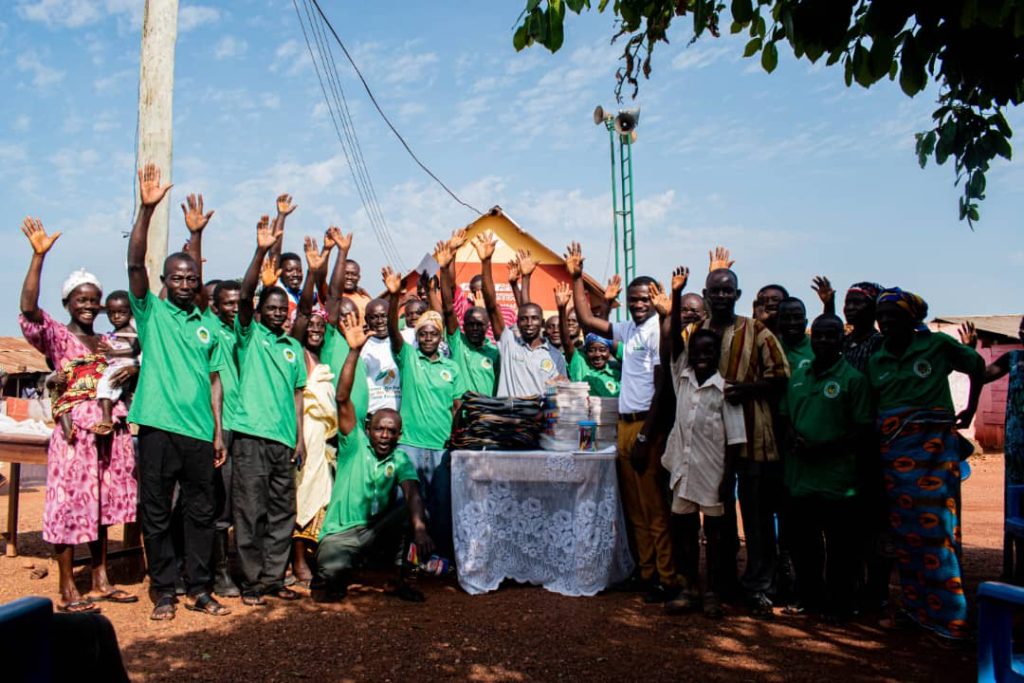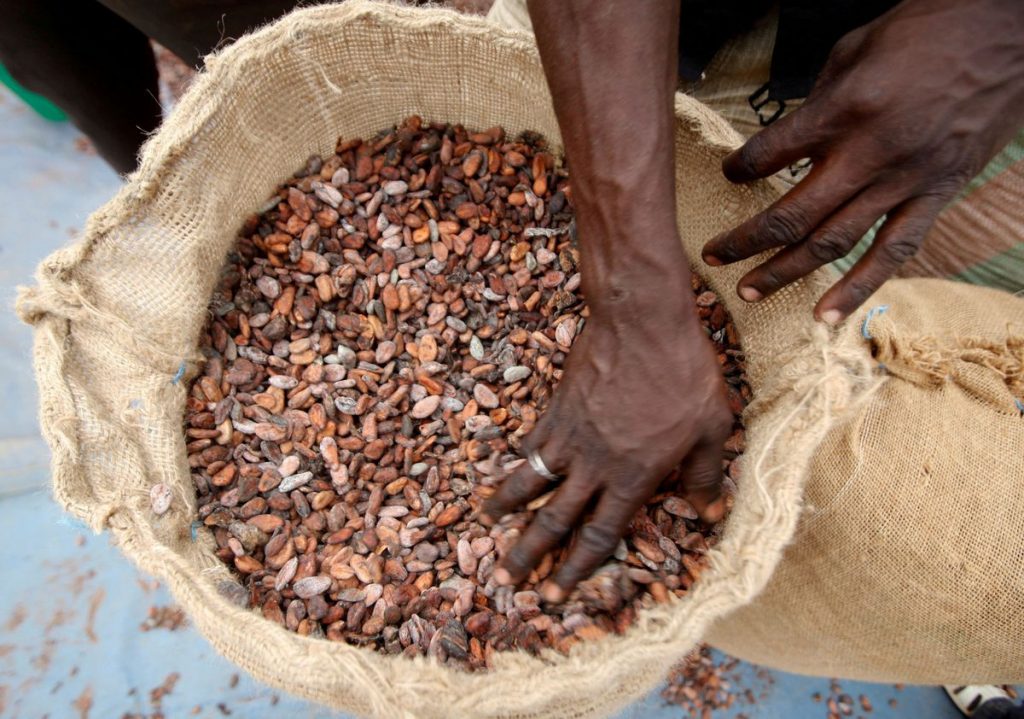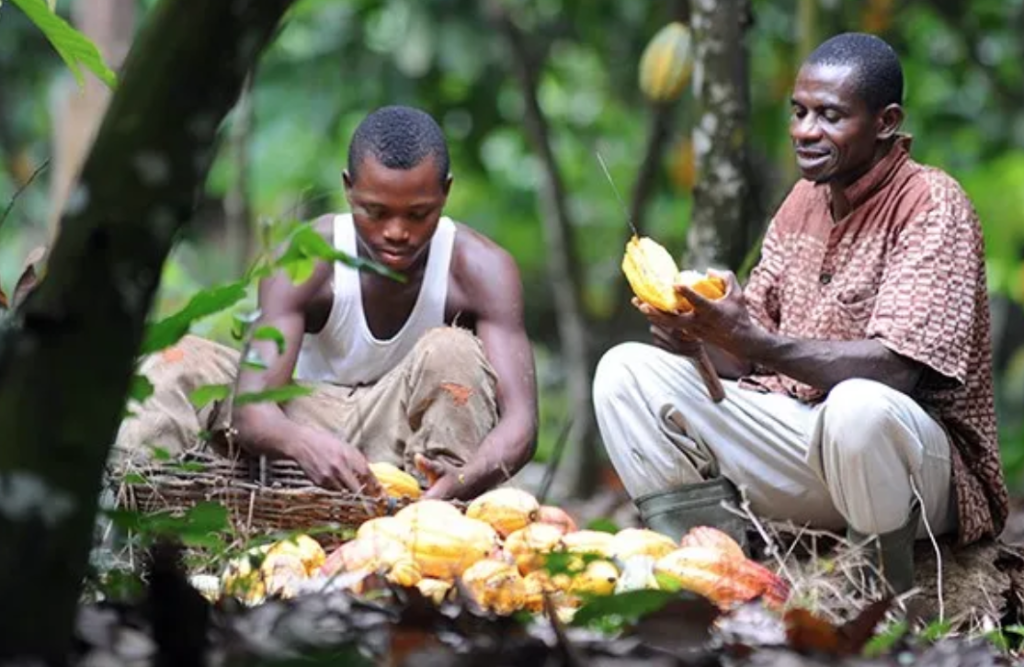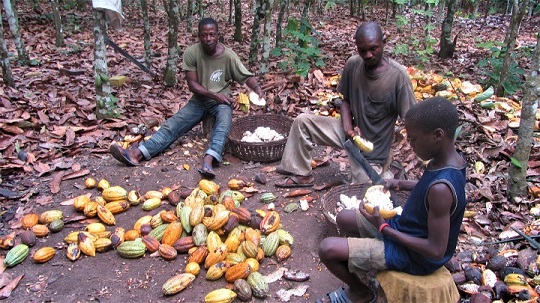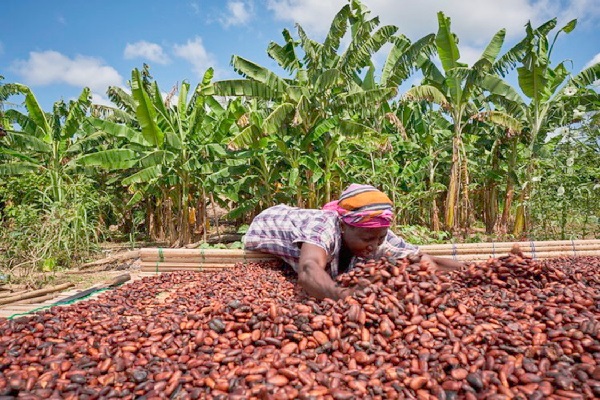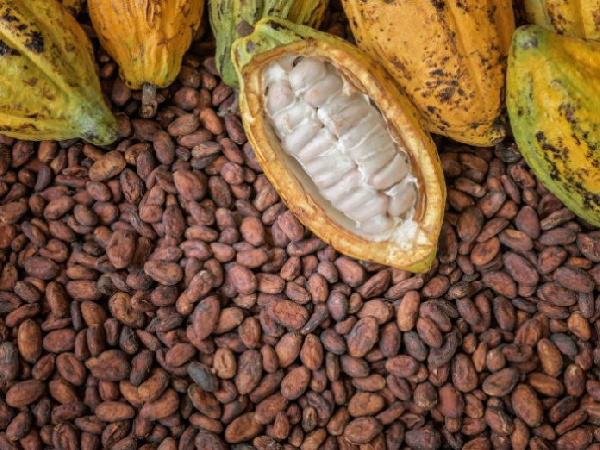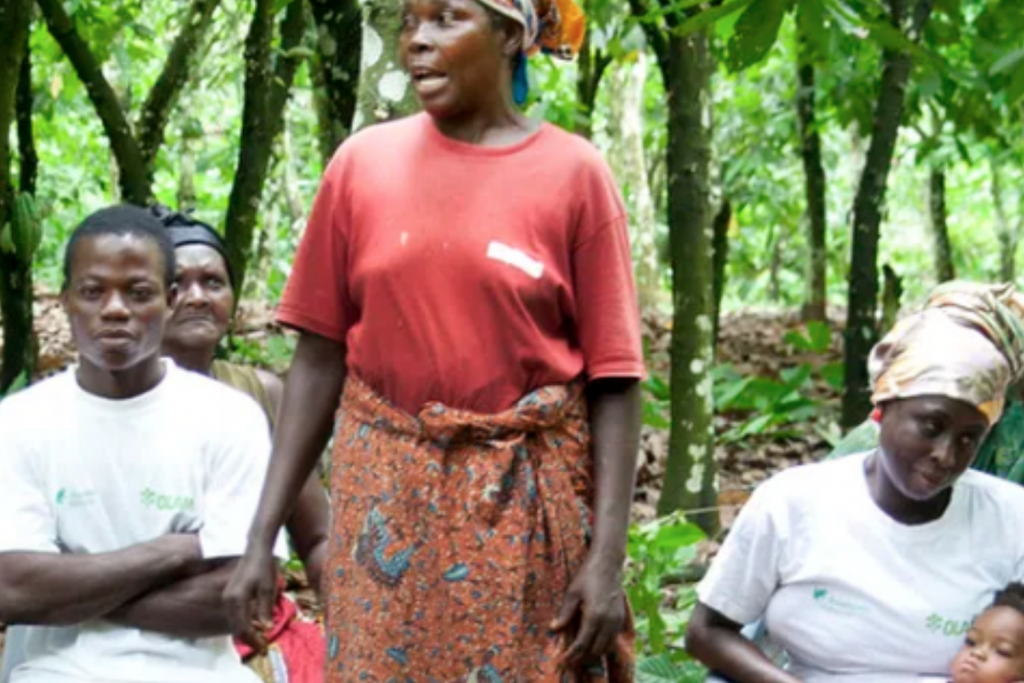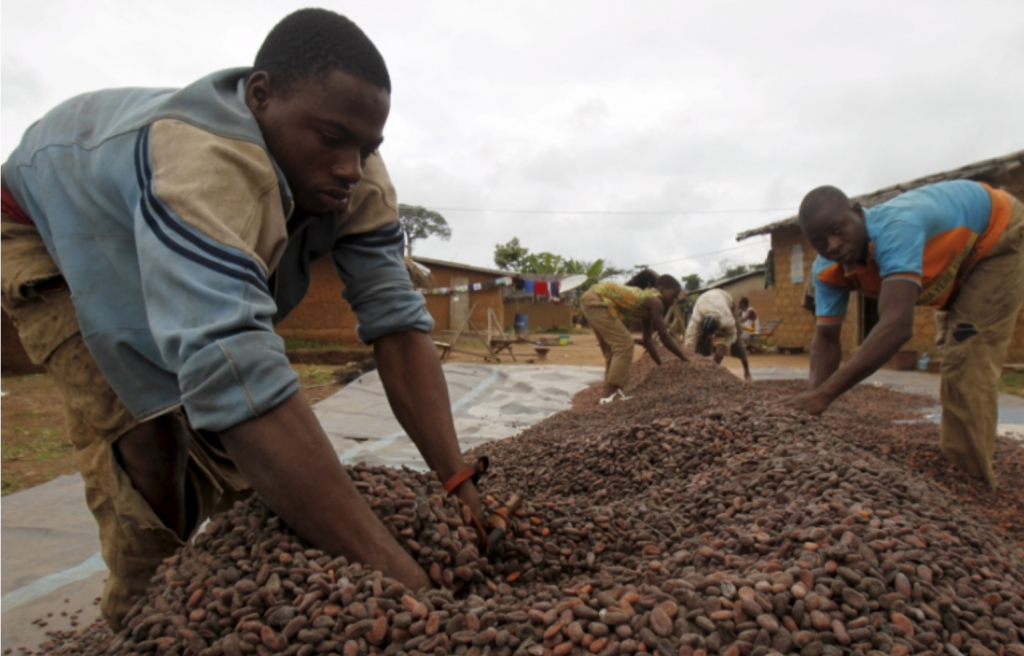Ivory Coast’s cocoa regulatory body is encountering difficulties in selling cocoa export contracts for the 2024/25 season, as multinational cocoa buyers are insisting on lower prices, despite the current market conditions affected by supply shortages, according to Reuters. Ivory Coast, the world’s leading cocoa producer, together with neighboring Ghana, contributes to about two-thirds of the world’s cocoa supply. Due to adverse weather conditions, Ivory Coast anticipates a 25% decline in cocoa arrivals for the ongoing October-to-March main crop, as stated by Yves Brahima Kone, the director general of the Coffee and Cocoa Council (CCC). Industry sources had previously projected a 20% reduction in production for the 2023/24 season. London cocoa futures reached a historic high on Monday, as speculators continued to bet on increasing prices.
The CCC has initiated the sale of export contracts for the 2024/25 season; however, sales are sluggish, as many companies are unwilling to pay the current market rate, Kone mentioned. One of the incentives Ivory Coast employs to enhance cocoa farmers’ income is the origin differential, which compensates for quality disparities in beans from different regions and is paid by the trade. Presently set at zero, companies are advocating for a negative origin differential, as per Kone. He stated, “We began selling export contracts for the 2024/25 season last week at the prevailing market price, but multinational corporations approached us, demanding a reduction in the origin differential, which has remained at zero for several months.”
“We want to convey to the cocoa and chocolate industry that we will not decrease the origin differential. We have put in significant effort and made sacrifices for them,” he emphasized in his statement to Reuters. Key players such as Hershey, Nestle, Mondelez, and Barry Callebaut source cocoa from Ivory Coast. In a similar price disagreement, Ivory Coast and Ghana boycotted industry meetings in Brussels last year. Five exporters interviewed by Reuters revealed their inability to afford contracts for the next season at current prices.
“The 2024/25 contracts cannot be purchased without a reduction in the origin differential. Prices are excessively high, posing too much risk for us if the market experiences a downturn and prices plummet,” commented the director of a multinational export company, who requested anonymity to speak candidly. Another European export company’s director indicated that they would be compelled to purchase contracts for the 2024/25 season but planned to delay the purchase as much as possible, potentially until early next year.

